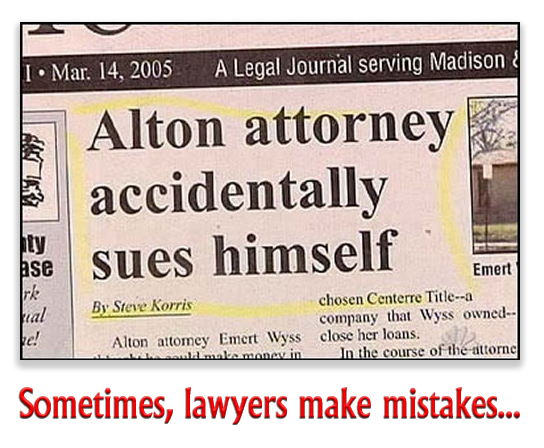We post news and comment on federal criminal justice issues, focused primarily on trial and post-conviction matters, legislative initiatives, and sentencing issues.

9TH CIRCUIT REVERSES § 924(c) CONVICTION FOR FLAWED INSTRUCTION
Rhett Irons was convicted of possession of controlled substances with intent to distribute and possessing, using or carrying a gun in furtherance of drug trafficking (18 U.S.C. § 924(c)).
 Although his lawyer never objected to the jury instructions during trial, Rhett argued on appeal that while the statute required the jury to find that he possessed a firearm “in furtherance of” a drug trafficking crime, the court’s instruction allowed the jury to convict merely by finding that defendant’s possession of the gun had a “connection” to the trafficking. That, Rhett argued, was not enough.
Although his lawyer never objected to the jury instructions during trial, Rhett argued on appeal that while the statute required the jury to find that he possessed a firearm “in furtherance of” a drug trafficking crime, the court’s instruction allowed the jury to convict merely by finding that defendant’s possession of the gun had a “connection” to the trafficking. That, Rhett argued, was not enough.
Last week, the 9th Circuit agreed and reversed Rhett’s conviction. Although Rhett’s failure to object meant the appellate review was for plain error only, the Circuit held that the “in furtherance of” requirement in 18 U.S.C. § 924(c)(1)(A) means more than just that “there must be a connection between the firearm” and the alleged drug trafficking offense. It means a defendant must possess the firearm with the intent that it further or advance the drug offense.
To win a case on “plain error” review, a defendant has to show a mistake, that the mistake is “plain” (or obvious), the error affected his substantial rights, and the error affected the integrity of the proceeding. The 9th ruled that because the error in the instruction “effectively removed from the jury’s consideration the only disputed issue concerning the 924(c) charge – the defendant’s intent in having the gun under his mattress while living in his home,” his substantial rights had been affected by the flawed instruction.
 “Removing the key disputed issue at trial from the jury’s consideration,” the Circuit held, “certainly casts doubt on the fairness of the proceedings, even if Iron’s own counsel failed to catch the error. Indeed, counsel’s failure to detect this plain error in the supplemental instruction arguably implicates Iron’s right to effective assistance of counsel, which is a consideration that bears upon the integrity and public reputation of the proceedings… We agree that the evidence of an objective connection between the firearm and Irons’s drug trafficking was strong. But the defect here relates to the issue of Irons’s subjective intent. Although we might have found the Government’s reading of the evidence more persuasive if we were the trier of fact, we conclude that the evidence is not so overwhelming that reversal here would impugn the integrity or fairness of the proceedings.”
“Removing the key disputed issue at trial from the jury’s consideration,” the Circuit held, “certainly casts doubt on the fairness of the proceedings, even if Iron’s own counsel failed to catch the error. Indeed, counsel’s failure to detect this plain error in the supplemental instruction arguably implicates Iron’s right to effective assistance of counsel, which is a consideration that bears upon the integrity and public reputation of the proceedings… We agree that the evidence of an objective connection between the firearm and Irons’s drug trafficking was strong. But the defect here relates to the issue of Irons’s subjective intent. Although we might have found the Government’s reading of the evidence more persuasive if we were the trier of fact, we conclude that the evidence is not so overwhelming that reversal here would impugn the integrity or fairness of the proceedings.”
United States v. Irons, Case No 20-30056, 2022 US App. LEXIS 9616 (9th Cir Apr 11, 2022)
– Thomas L. Root

